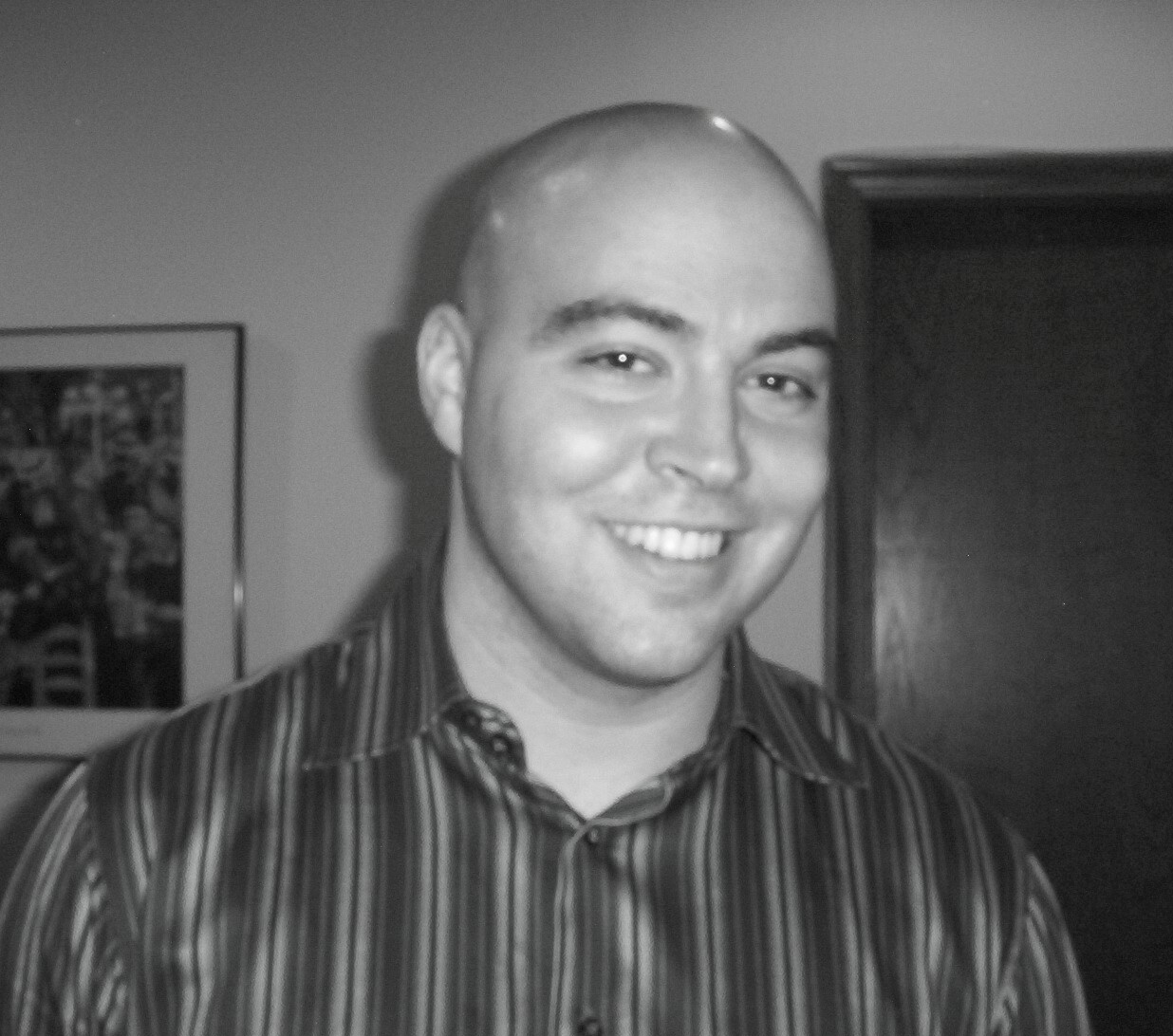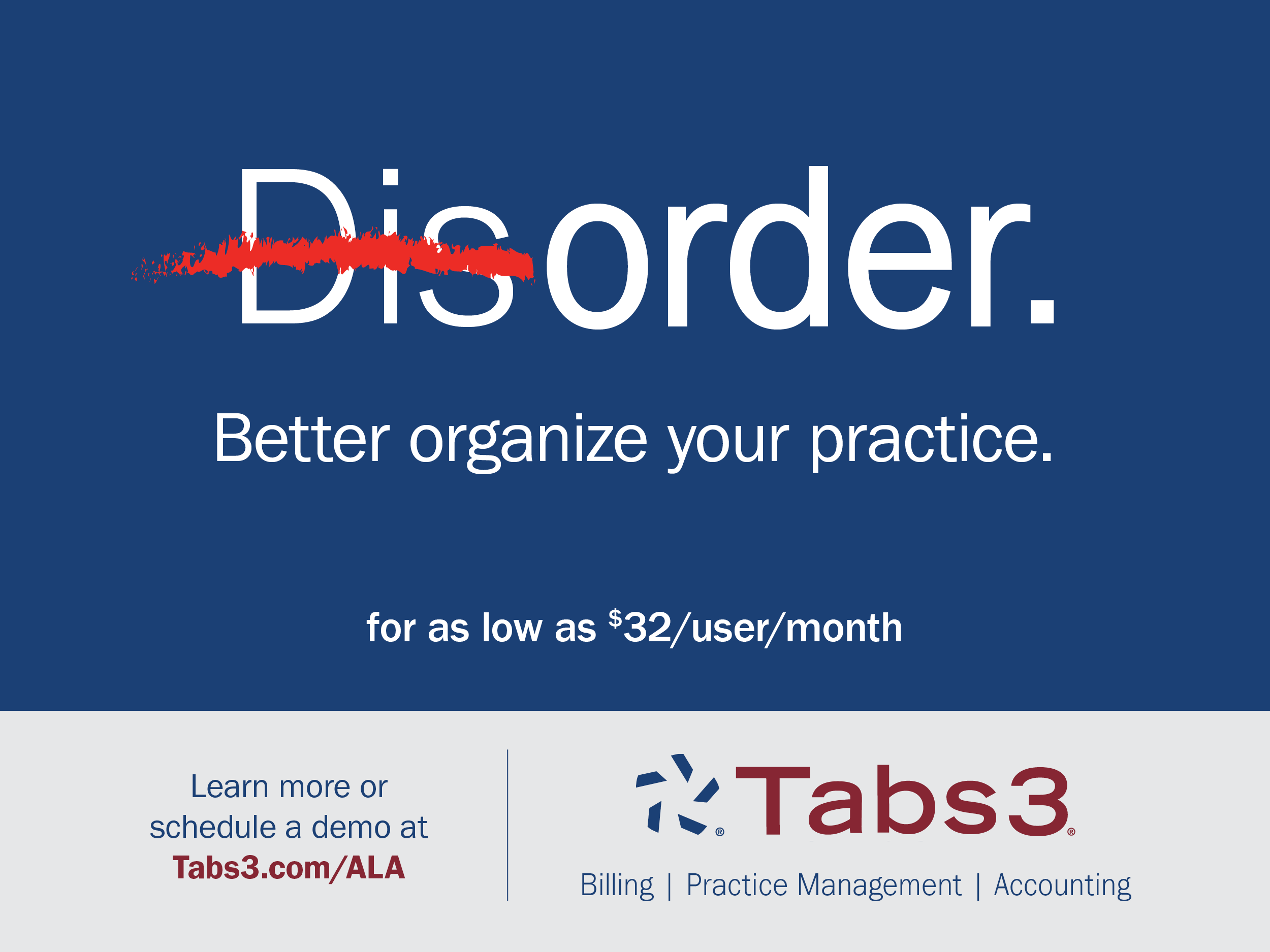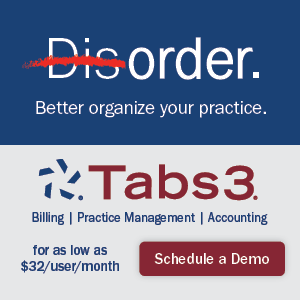As the legal manager, it’s important you know the signs so you can get out in front of it — even if you’re the one experiencing the burnout. If you know the cues, you might be able to take some preemptive steps.
One important indicator can be the calendar. Certain fields leave you vulnerable to particularly critical moments. For legal organizations focused on taxes, it can be the end of the tax year. “I’ve seen lawyers get overwhelmed by the moment, and we have to remind each to take it easy during the slow times,” says Edward Christian, a Managing Partner at Burr & Forman who practices in their corporate and tax group.
For those firms specializing in real estate, it can be that complicated deal or other time-crunched matters particular to the area; for those in the field of health care reimbursement, the stakes can be as high as helping to keep a medical institution’s door open. This can make burnout a bigger possibility and can leave attorneys and staff feeling like a failure on a larger scale.
If you’re familiar with the general crunch times, you’ll be better able to anticipate these needs and reach out early to see if more help is possible. “It can be difficult to bring in other people to help the team unless it’s done early because the educational process would take longer than just doing it yourself … and you can end up with that isolated feeling unless you’re cognizant of it,” says Peter Smith IV, a Managing Partner at Smith + Malek.
Another sign specific to lawyers might be avoiding the courtroom. “A lot of the time you won’t, but when it’s been years, that’s often someone who’s avoiding it because they don’t want the pressure of it,” says Richard Lovich, who specializes in health care and is a Managing Partner at Stephenson, Acquisto & Colman. “That avoidance can be letting down the client, but it also shows this is someone who’s really suffering. They need to be talked to, understood and maybe given some time off.”
The COVID-19 pandemic has been a common denominator among much of the stress in the last 14 months, upending the way many hard-core traditional firms had to do business. After a year of learning on the fly and changing methods, many legal professionals have felt out of their element within the profession they knew so well — especially the lawyers. Being out of the office, not having the same staff available, not feeling sure about how they would deal with a witness in a virtual deposition — all of it can have an effect.
“I’ve seen it heavily weigh on lawyers that they are talking to witnesses on Zoom instead of being in front of them,” Lovich says. “The whole feel of the process from delays to law through technology has made many feel uncomfortable, and that can lead to burnout. They can feel that the legal world they knew is gone. It can be hard enough for some to be a lawyer in usual circumstances. … It’s also challenging that lawyers don’t feel as connected to the others at the firm during this time.”
A FIRM GRASP
The best way to avoid burnout from getting out of control is for it not to happen to begin with. That starts with building a firm culture that encourages health and wellness.
“At our firm, we’re always sharing information on taking care of yourself — ways to eat better, exercise and just live better,” Lovich says. “But it’s also not allowing lawyers to just be doing endless cases in the courtroom. It can be exciting, but if you keep going back in again and again, it can drain you without you knowing. Lawyers want to help their firm, but we have to make sure they’re also helping themselves. Keep track of it because sometimes lawyers may not even notice that they haven’t been taking a break from it.”
He adds that it’s important to have a life on solid ground and a real sense of long-term thinking. “A lawyer needs to remember that you can only do so much and to not expect more than is possible,” Lovich says. “You can’t serve your firm in the future if you burn out. Being a people pleaser can be a big fault for attorneys. They need to remember they’re not superhuman. It’s also a highly competitive field, but you need to realize when it’s become out of hand.”
But if you want to really help your burned-out lawyer, the key is honest communication. Lovich says it doesn’t do any good to tell them to take time off or that they won’t be penalized for easing up their workload if no one else is doing it.
“It’s really action that shows you care about your attorneys, not some big speech,” he says. “It may even be one of the leaders taking time off which can make the difference. It says, ‘We all need this.’ We need to show attorneys that they’re not a part of a law factory — that they’re cared about. And we need to remember why we fell in love with being a lawyer to begin with — it wasn’t to make ourselves miserable.”
To him, it’s a shame when a lawyer leaves their career when they didn’t have to. Patience and compassion can go a long way to help attorneys stay in it for the long haul.
“People work very hard to enter our profession and spend so many years getting themselves to a good place,” Lovich says. “When you see someone walk away because they didn’t treat themselves well and neither did their firm, it makes you sad. There are a lot of good people in our profession, and you want to see them stay in it. We have to remember to look out for each other.”


